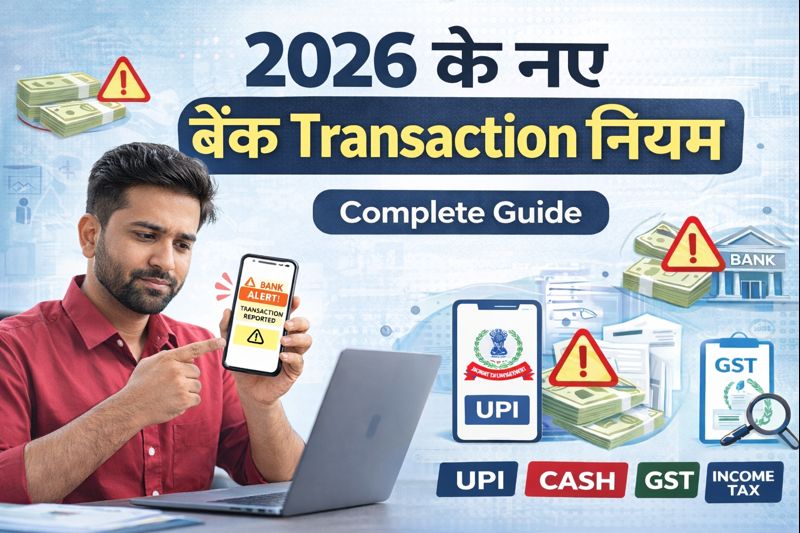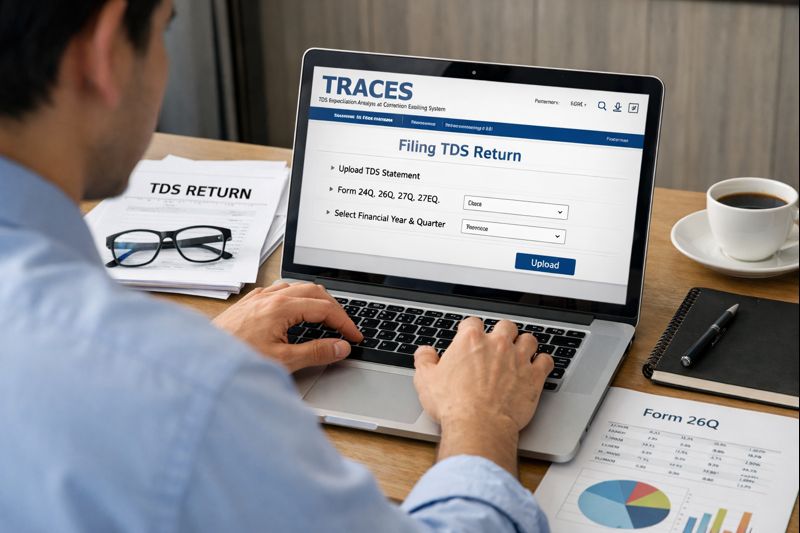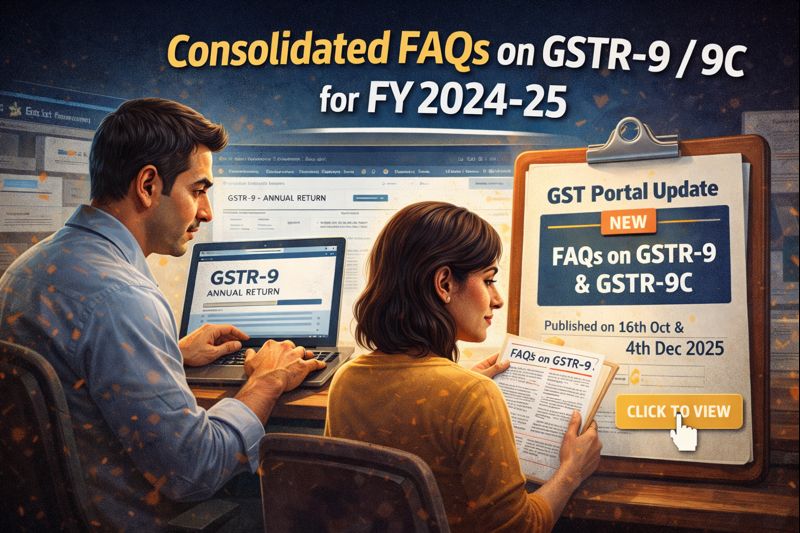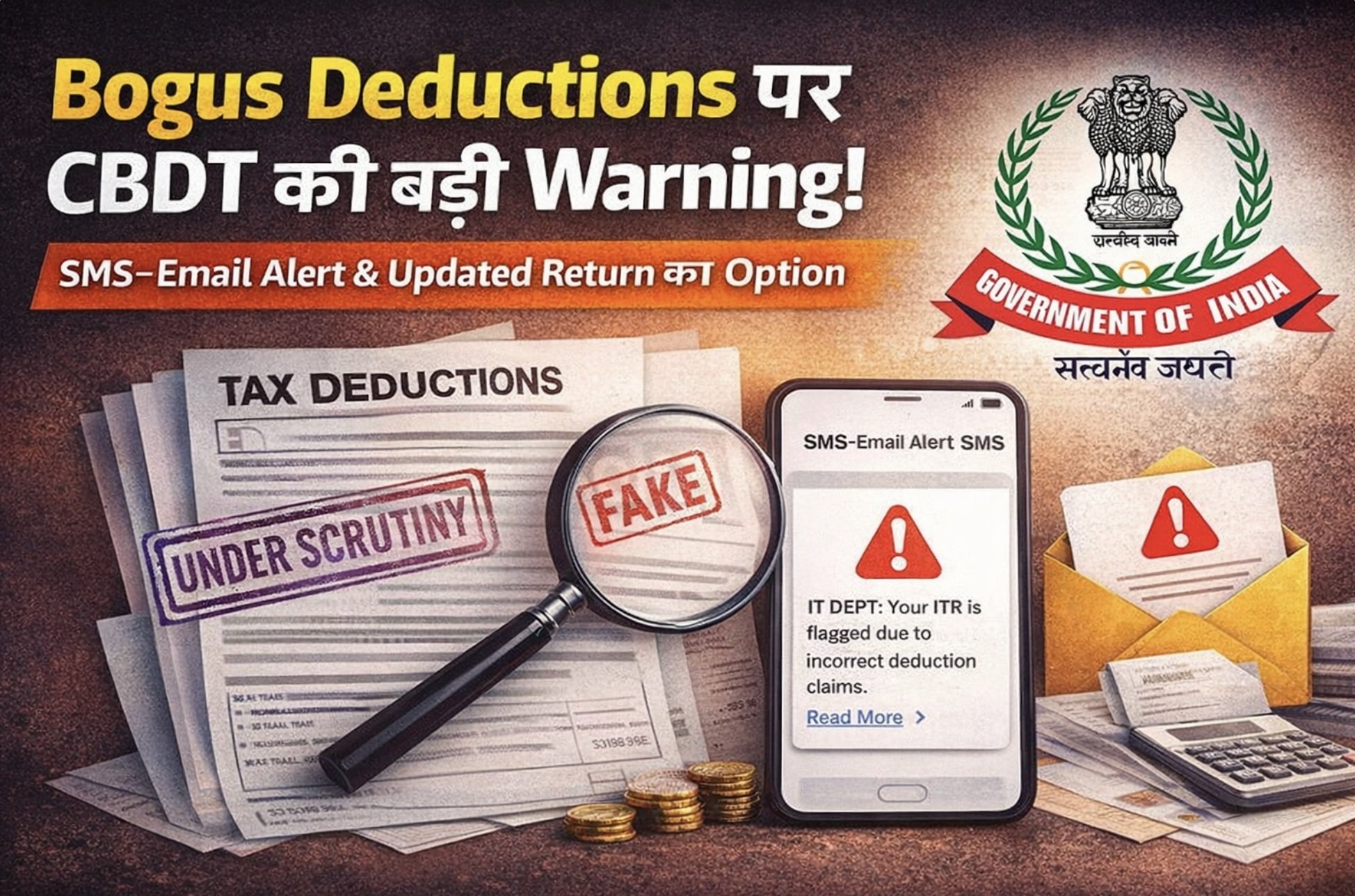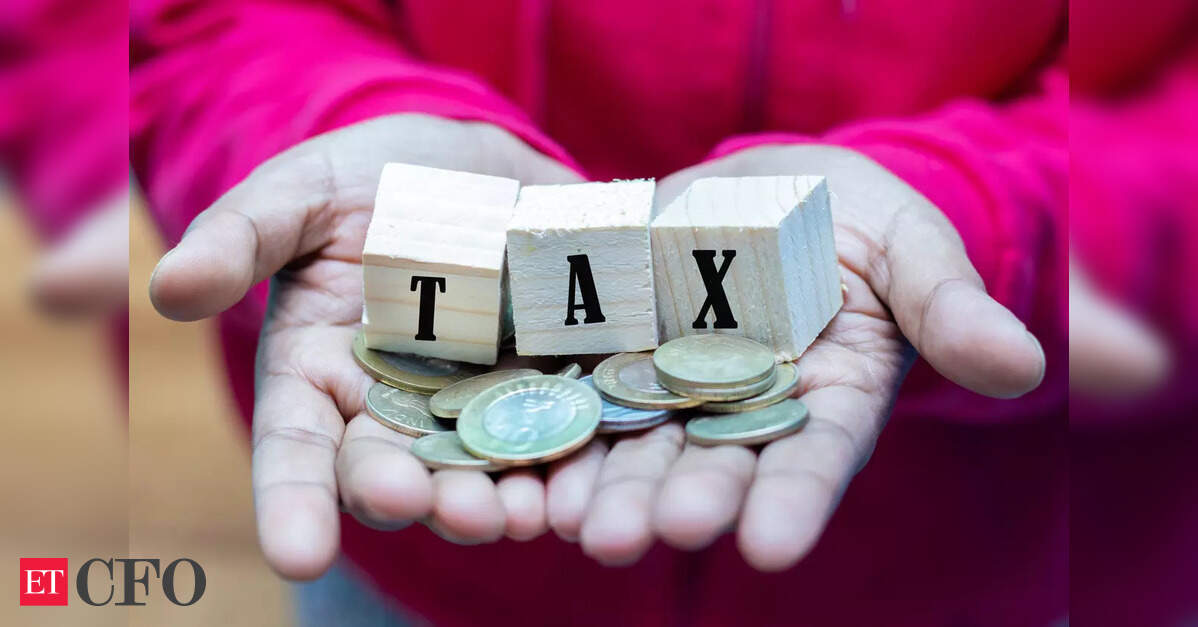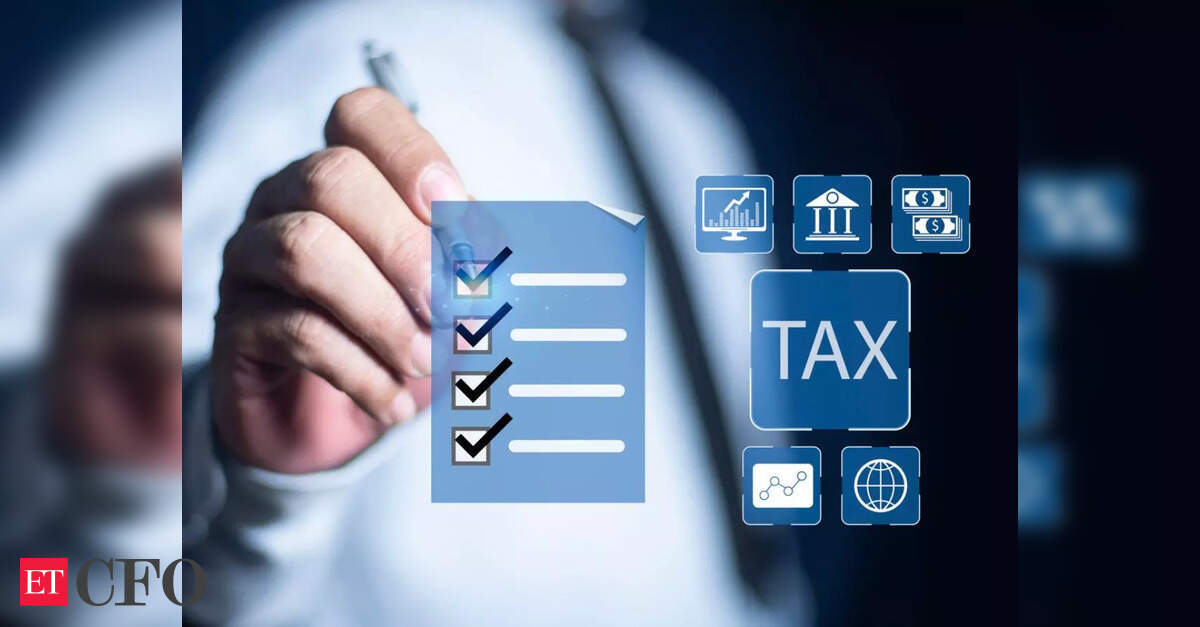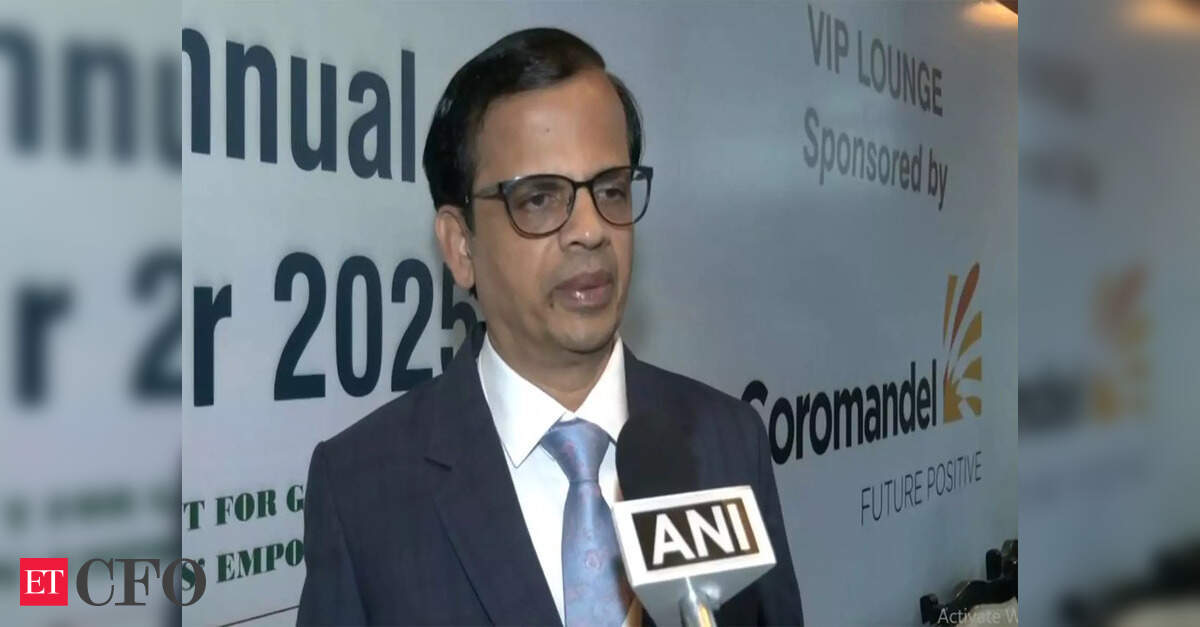To file income Tax Return visit www.incometax.gov.in
Lets know the due Dates:
Due date for filing income tax returns (ITR) u/s 139(1) is 31st July and Belated Return u/s 139(5) can be filled upto 31st December every year
Income Tax Refund:
Refund is Important for Taxpayers and most important for Income Tax Department too as they have to pay it and loose the revenue
so extra care is required if you are claiming refund in ITR, it is important that you must aware about every aspect before claiming Refund:
Eligibility:
If a taxpayer has paid more taxes than their actual tax liability, they are entitled to claim an income tax refund. This includes taxes deducted at source (TDS), tax collected at source (TCS), advance tax, and self-assessment tax.
How to Claim Refund:
- To claim an income tax refund, taxpayers need to file their ITR and ensure that the tax credit is visible in form no. 26AS and AIS.
- It is very important to E verify ITR within 30 days of ITR filing.
- The refund is directly credited to the taxpayer’s bank account, so it is essential to give extra care while adding and choosing bank account for refund and bank account must be validated while filing the ITR.
- When filing the ITR, taxpayers should include all their income and claim applicable and genuine exemptions and deductions.
- If the taxes deducted/collected and paid exceed the tax liability, a refund will be issued after the ITR is processed.
- However, the refund may not be instant and will be issued after the income tax department verifies the details of taxes paid.
How to claim Refund after Due Date:
A question raised in your mind is it possible to claim refund after Due date over for Income Tax Return? Right
Answer is:
If a taxpayer fails to file ITR by the due date, he can still claim a refund as per circular no. 9/2015. They need to file an application for condonation of delay and, once the delay is condoned, file the ITRs online for the last six years with reference to the order granting condonation.
I know updated Return (ITR-U) is coming in your mind, But dear you cannot use ITR-U to claim Refund so forget about it… 🙂
Is Refund Taxable:
Regarding the taxability of income tax refunds, the net amount of excess tax paid is not taxable.
However, taxpayers are entitled to receive interest on the excess of advance tax and TDS/TCS over the net tax liability. Interest is payable from 1st April of the financial year following the year for which the ITR is filed. If there is a delay in filing the claim for a refund, the taxpayer is not entitled to interest for that period.
The taxpayer is liable to pay tax on the interest received as part of the income tax refund.
The income tax department has the authority to adjust the refund due against any outstanding demand from earlier years, but they are required to provide intimation before making such adjustments. If a refund has been wrongfully adjusted, the taxpayer can raise a grievance on the income tax website to claim it back.
It is important to note that the last date to file the ITR is 31st December of the next year. After that date, the taxpayer cannot file the ITR and claim a refund for that particular year. So it is very important to file ITR yourself and our below videos will help you to file ITR yourself:
Join our Practical GST Course:
with lifetime validity: https://cagurujiclasses.com/courses/gst-course-2022/
With limited validity: https://studywudy.com/courses/gst/
Join our Practical Income Tax, ITR & TDS Course:
with lifetime validity: https://cagurujiclasses.com/courses/practical-course-income-tax-itr-tds/
With limited validity: https://studywudy.com/courses/incometax/


